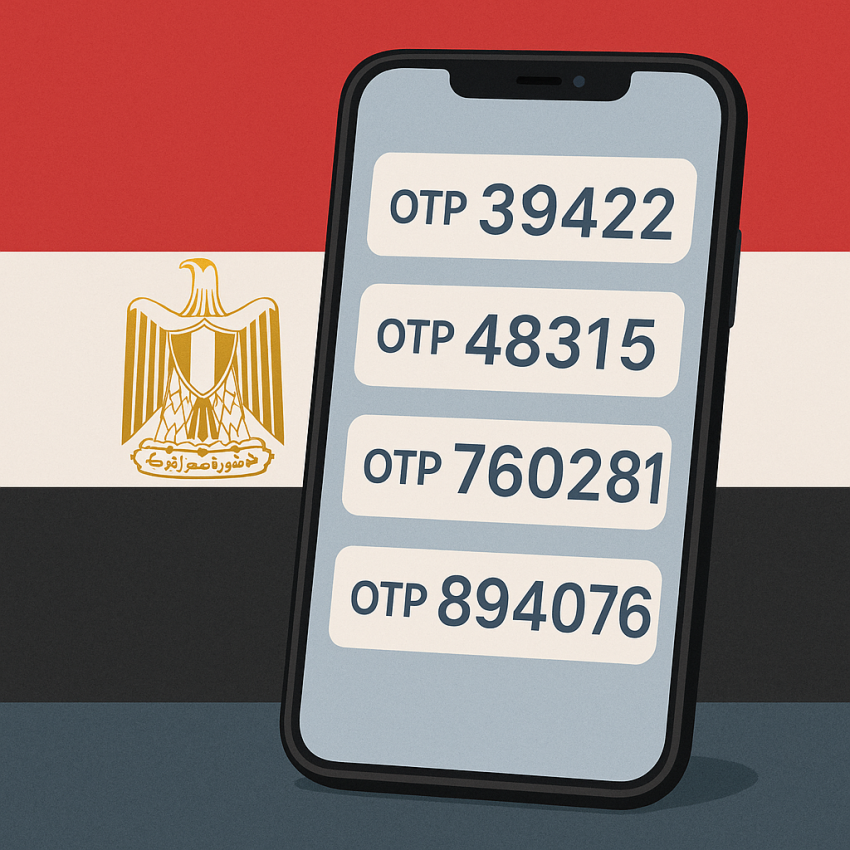
Random-number Use Cases for Local Services Testing in Egypt
Random-number use cases for local services testing in Egypt are an essential part of ensuring verification flows work smoothly. In this guide, we explore practical ways to leverage temporary numbers for onboarding, OTP verification, and service testing while respecting local rules. For Egypt, you can start by visiting our dedicated page: random-number in Egypt.
TL;DR
- Use disposable phone numbers to simulate user signups in Egypt without exposing personal data.
- Choose a reliable random-number provider with fast delivery and robust privacy.
- Ensure compliance with local telecom regulations and service terms.
- Key: Random-number use cases for local services testing in Egypt.
Why use random-number testing for local services?
Temporary numbers help verify onboarding flows, OTP delivery, and account recovery without tying real user data to test accounts. In Egypt, businesses often need reliable number pools to validate SMS verification steps and ensure smooth customer experiences. The concept of Random-number use cases for local services testing in Egypt supports developers to validate SIM-CLI flows and SMS routing in a legal, privacy-preserving way.
How to implement random-number testing in Egypt
- Define your testing scenarios: registration, login, password reset, and OTP verification.
- Choose a local provider offering Egyptian numbers and fast SMS delivery.
- Integrate the number flow into your automation scripts or QA environment.
- Monitor delivery success, latency, and error codes to optimize your flows.
- Review security and privacy settings to protect test data.
For advanced workflows, you can also explore dedicated endpoints like the temporary-sms route: temp-sms for random-number in Egypt.
This approach is one of the core Random-number use cases for local services testing in Egypt and helps teams scale their QA with confidence.
Table: testing scenarios with random numbers
| Scenario | Delivery Speed | Reliability | Best Use | Notes |
|---|---|---|---|---|
| On-demand random numbers | Fast | Medium | Ad-hoc tests | Good for quick checks |
| Rental numbers | Medium | High | Extensive QA | Provision ahead |
| Long-term testing pools | Variable | High | End-to-end tests | Stable over time |
Safe and legal use
Always comply with local laws in Egypt and the terms of service of both the test targets and the number provider. Use synthetic data and opt-out mechanisms where possible, and avoid harvesting or storing sensitive information without consent.
FAQ
- What is a random-number service used for testing local apps?
- It provides temporary numbers to receive SMS messages for verification during QA and staging.
- Is it legal to use random numbers in Egypt for testing?
- It depends on the provider’s policy and local telecom regulations. Use only in approved environments and with consent from the service under test.
- How do I integrate random-number testing with SMS verification?
- Integrate API calls to request numbers, retrieve incoming SMS, and feed codes into your automation framework.
- Can I receive OTP messages via random numbers?
- Yes, for testing scenarios in most cases, but ensure the codes are not used for real accounts outside testing.
- What should I watch for around privacy and data security?
- Never log sensitive content; store nothing beyond test identifiers; clear data after tests.
- What are common issues and how to troubleshoot?
- Check delivery latency, number country restrictions, and API rate limits; consult provider docs for error codes.


